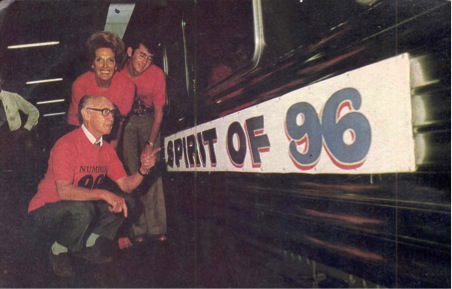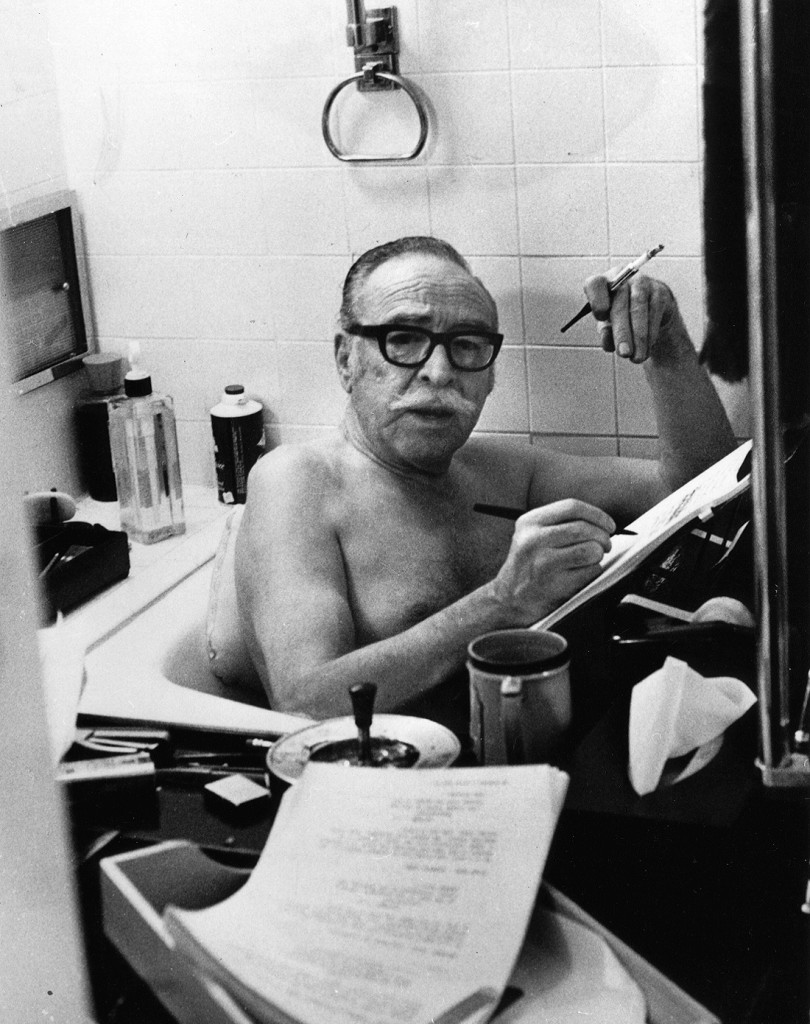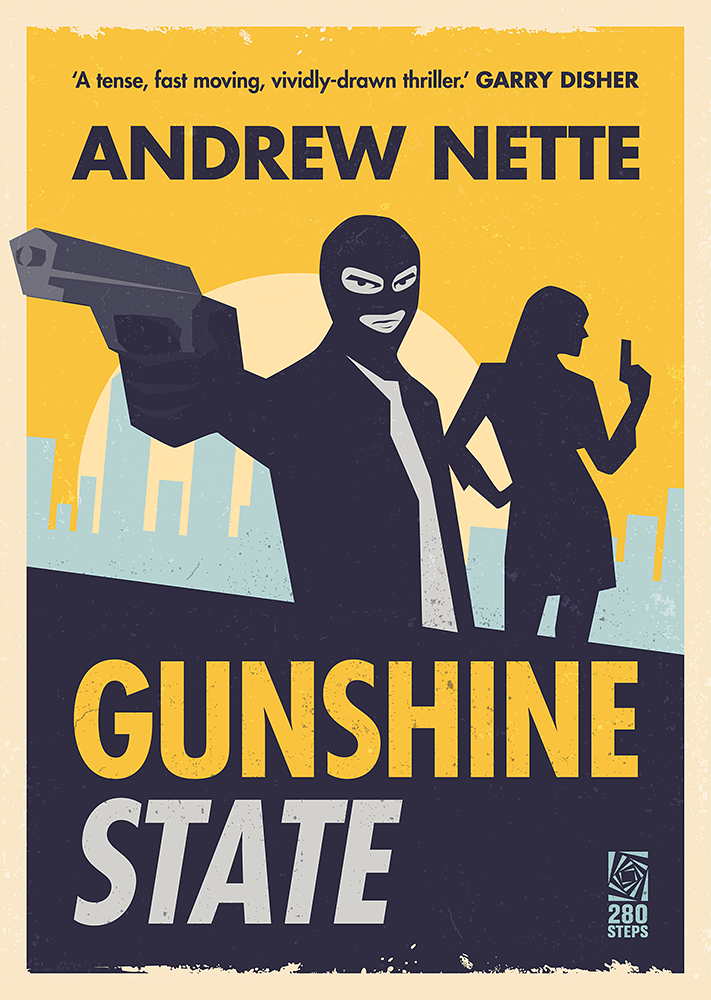 The opening credits of Mike Hodges’ under appreciated 1972 film, Pulp, are a delight for any fan of cheap pulp paperback fiction. As text roles across the screen (in type writer font, of course), the camera pans between the faces of the three female stenographers transcribing the words of sleazy English expat pulp writer, Mickey King (Michael Caine). As Caine’s nasal voice-over recites his latest novel, The Organ Grinder, we see the different reactions of the women, disgust, shock, and excitement. It’s a reminder that once, before it was reduced to an object of outre fascination for its cover art, pulp fiction elicited strong emotions.
The opening credits of Mike Hodges’ under appreciated 1972 film, Pulp, are a delight for any fan of cheap pulp paperback fiction. As text roles across the screen (in type writer font, of course), the camera pans between the faces of the three female stenographers transcribing the words of sleazy English expat pulp writer, Mickey King (Michael Caine). As Caine’s nasal voice-over recites his latest novel, The Organ Grinder, we see the different reactions of the women, disgust, shock, and excitement. It’s a reminder that once, before it was reduced to an object of outre fascination for its cover art, pulp fiction elicited strong emotions.
The movie shifts to King, in his cheap white suit and big hair, Jack Carter – the character he played in Hodges’ Get Carter only a year earlier – gone to seed, stepping out of the Italian hotel he lives in to hail a cab. As he sits in the reception area waiting for his completed manuscript, King’s voice-over goes: “The writer’s life would be ideal but for the writing. This was a problem I had to overcome. Then I read the Guinness Book of Records about Earl Stanley Gardner, the world’s fastest novelist who would dictate up to the rate of ten thousand words every day.… Read more




